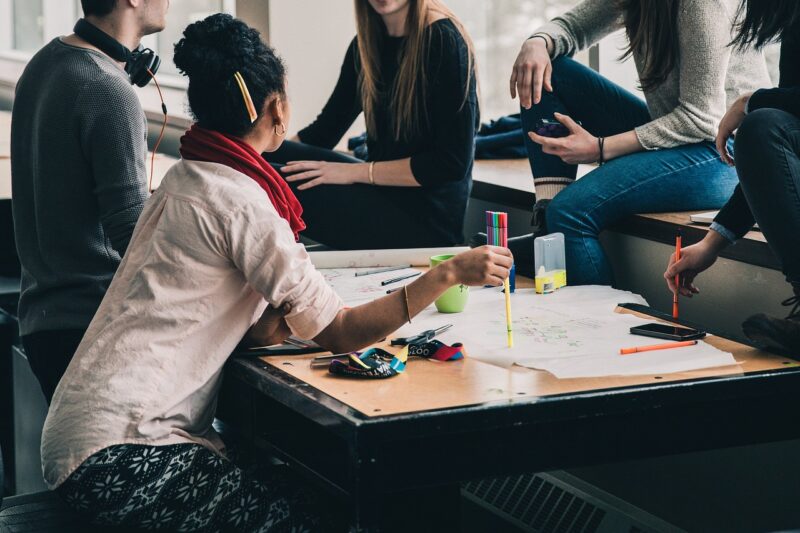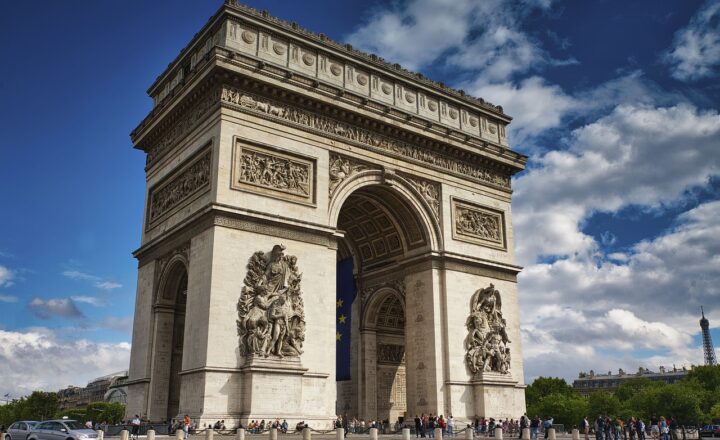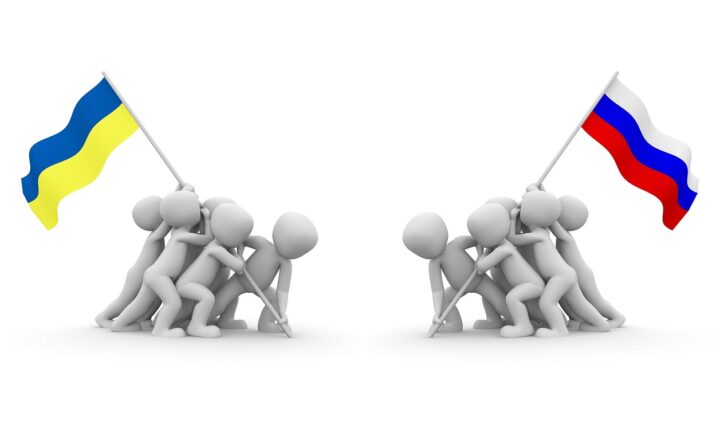How Random Encounters Have Changed the Course of History
November 16, 2024

Random encounters have played a pivotal role throughout history, often leading to moments that alter the course of events in unforeseen ways. From serendipitous meetings that sparked revolutionary ideas to chance happenings that changed the fate of nations, these incidents are reminders of the intricate tapestry of human experience.
1. The Definition and Impact of Random Encounters
A random encounter can be defined as an unexpected meeting between individuals or groups that influences the decisions and actions taken by those involved. While often overlooked, these meetings can lead to profound changes in personal lives, communities, and broader historical contexts.
Take, for example, the unexpected meeting between two strangers that leads to the collaboration of ideas, fostering innovation and change. Consider the encounters that often occur during moments of crisis, where decisions made in haste can lead to significant outcomes, both positive and negative.
The concept of randomness in encounters highlights the unpredictable nature of human interactions and the potential implications of those interactions on the canvas of history.
2. Notable Historical Random Encounters
Throughout history, numerous instances demonstrate how random encounters have shaped events. Let’s explore some compelling examples:
- The Meeting of Julius Caesar and Cleopatra: In 48 BC, Caesar arrived in Egypt during a tumultuous time, both politically and personally. His chance encounter with Cleopatra, the young queen, resulted in a powerful alliance that redefined the political landscape of the Mediterranean, leading to both love and conflict that altered the course of Roman history.
- The Invention of Penicillin: Alexander Fleming’s chance finding of the mold Penicillium notatum in 1928, which inhibited bacterial growth, is one of the most significant breakthroughs in medicine. This unexpected discovery transformed the approach to treating infections and ultimately saved millions of lives, showcasing how serendipity can lead to revolutionary advancements.
- The Encounter Between Einstein and Bohr: The debates between Albert Einstein and Niels Bohr on quantum mechanics during the early 20th century exemplify how random professional encounters can shape scientific discourse. Their exchanges at conferences changed perspectives on rigorous theories and sparked discussions leading to progressive developments in physics.
These examples illustrate how encounters can be far from random; they are often pivotal moments that influence broader trends and movements in history.
3. The Role of Chance in Personal Journeys
Random encounters don’t just influence large-scale events. They can also shape individual lives in dramatic ways. Consider the impact of a seemingly mundane meeting in a café or on public transportation.
Individuals may find mentors, partners, or friends who inspire them to change their career paths, initiate new projects, or explore passions they never knew they had. These encounters can lead to:
- Career Opportunities: A chance conversation at a networking event can lead to job offers or collaborations that shift the direction of one’s career.
- Cultural Exchange: Random meetings with people from different backgrounds can foster understanding, empathy, and collaboration. These connections can lead to cultural innovation and societal change.
- Personal Growth: Encounters that challenge one’s views can promote self-reflection and growth, transforming an individual’s mindset and aspirations.
4. The Psychology of Random Encounters
Why do we sometimes stumble upon people or ideas that change our lives? From a psychological perspective, the unpredictability of encounters involves several factors:
- Openness to Experience: Individuals with a high degree of openness are more likely to engage with new people and ideas, making them more susceptible to the transformative effects of random encounters.
- Serendipity and Luck: The element of luck plays a critical role. Some encounters come down to being in the right place at the right time and being prepared to seize the opportunities that arise.
- Social Networks: Our current social connections can create pathways to new encounters. The more diverse our networks, the greater potential for novel interactions.
This blend of psychology and social dynamics underscores how random encounters can lead to significant changes and opportunities.
5. Embracing Random Encounters in Modern Life
In today’s world, it is easy to live a life governed by routine. However, embracing the potential of random encounters can enrich personal and professional lives in immeasurable ways. Here are several ways to cultivate an environment conducive to meaningful encounters:
- Network Strategically: Attend events, workshops, and social gatherings outside your usual circles. Engage in conversations with a broader audience to increase the chance of transformative encounters.
- Travel with Purpose: Explore new places, whether local neighborhoods or international destinations. Travel can lead to interactions with diverse cultures and ideas, broadening your perspective.
- Stay Open-Minded: Approach every situation with curiosity and an open mind. Sometimes, unexpected opportunities arise from conversations that initially seem trivial.
Embracing randomness not only enhances personal growth but also enriches communities by fostering connection and collaboration.
Conclusion
Random encounters have historically shaped events and influenced individuals’ lives profoundly. By recognizing their potential and being open to creating space for these encounters, we can harness their power for positive change. Whether through historical alliances, scientific breakthroughs, or personal relationships, random meetings remind us of our shared humanity.
Embracing the unexpected can lead to innovation, growth, and new opportunities that facilitate personal and societal transformation.







